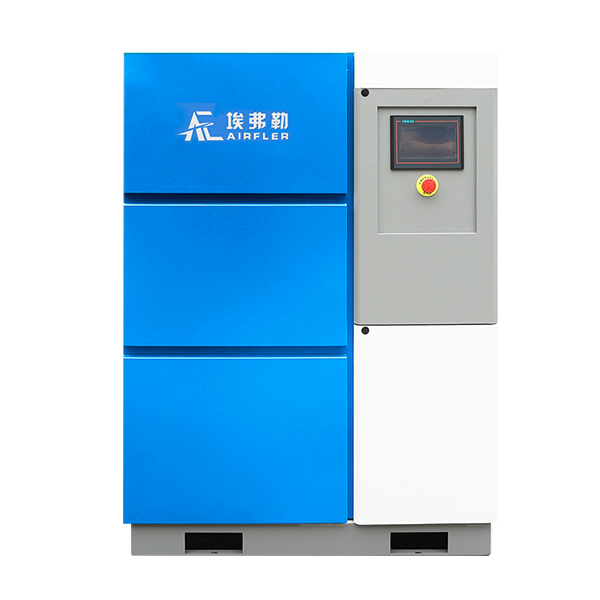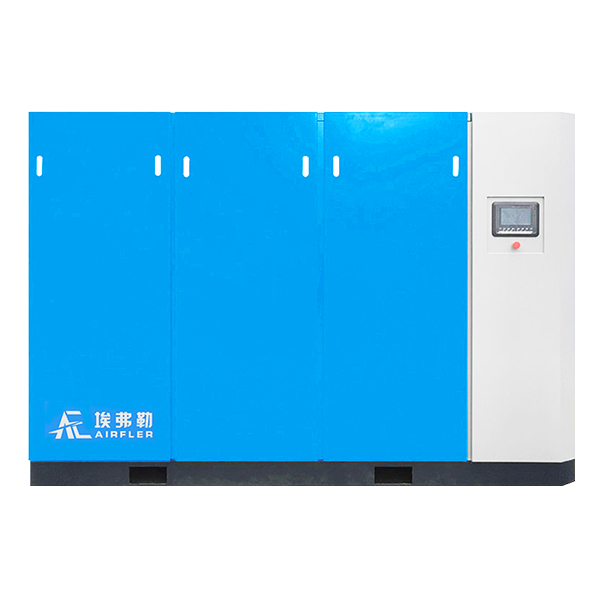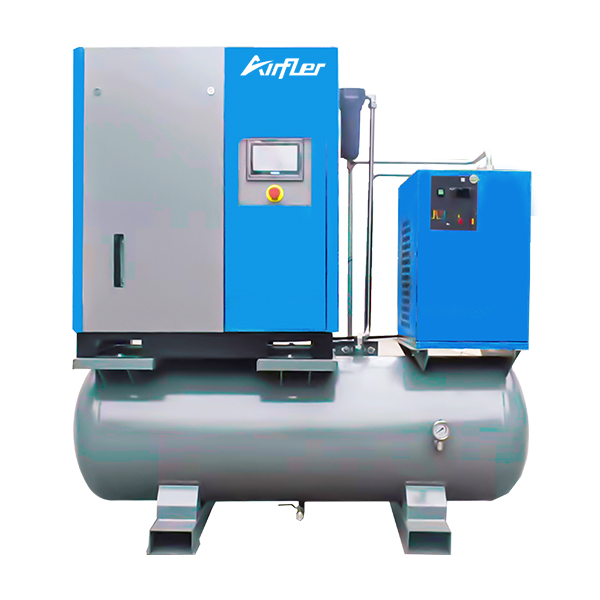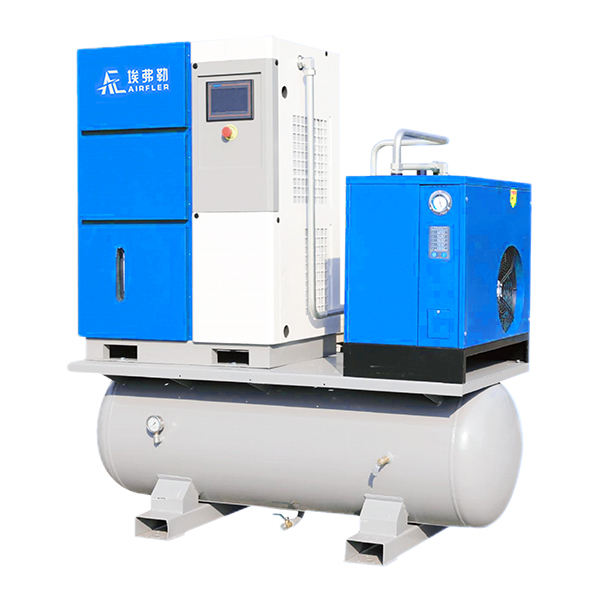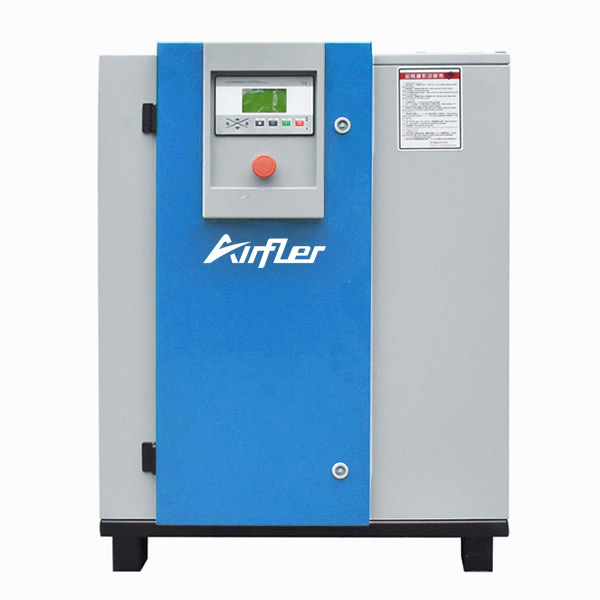I. Pre-Cleaning Preparation
Shut Down and Depressurize the Equipment
Stop the compressor, disconnect the power supply, and open the pressure relief valve to release residual pressure.
Wear protective gloves and goggles to avoid injury from high-pressure gas or debris.
Remove the Filter
Loosen fastening screws or clips, then carefully extract the air filter to prevent dust from entering the equipmentsup.
II. Cleaning Steps (Select Method Based on Contamination Level)
Light Contamination (Surface Dust)
Compressed Air Blowing: Use dry compressed air (pressure ≤0.28 MPa) to reverse-blow the filter element from the outlet side, removing surface dust.
Vacuum Cleaning: Use a vacuum cleaner to repeatedly remove loose particles from the filter surface.
Moderate Contamination (Oil Residue or Clumps)
Neutral Detergent Soak: Immerse the filter in warm soapy water or a neutral detergent solution for 15 minutes, then gently scrub off oil residue (avoid steel brushes).
Gasoline Cleaning: For stubborn oil stains, wipe locally with gasoline in a well-ventilated area away from ignition sources.
Severe Contamination (Scale or Mold)
Industrial Cleaning Solution Flush: Disassemble the oil/water cooler, inject industrial cleaner for soaking or pump circulation to remove scale or mold.
Ultrasonic Cleaning: Use ultrasonic cleaning equipment for precision filter elements to remove deep-seated contaminants.
III. Post-Cleaning Procedures
Drying and Inspection
Air Dry Naturally: Place the filter in a shaded, well-ventilated area. Avoid high-temperature drying or direct sunlight.
Light Transmission Test: Shine a light through the filter to check uniformity. Replace immediately if tears, pinholes, or thinning are detected.
Reassembly and Testing
Reinstall the fully dried filter, tighten screws, and verify sealing integrity.
Restart the compressor and monitor pressure differential (normal ≤0.5 bar) and motor current to ensure normal operation<.
IV. Key Precautions
Cleaning Frequency and Replacement Cycle
Clean every 3 months or 2,000 hours in normal conditions; reduce to 1 month in oily/high-dust environments.
Replace filters after 5 cleanings to prevent structural degradation and rupture.
Special Scenarios
Humid Environments: Apply mold inhibitor after cleaning and store in sealed, dry conditions.
Chemical Exposure: Replace filters after contact with corrosive gases (e.g., acid mist), even if unclogge.
Tool and Spare Part Management
Use OEM or equivalent-quality filters; substandard filters accelerate equipment wear.
Dedicate tools (e.g., soft brushes, lint-free cloths) to avoid cross-contamination.
 English
English 简体中文
简体中文 French
French English
English Portuguese
Portuguese Russian
Russian Spanish
Spanish
